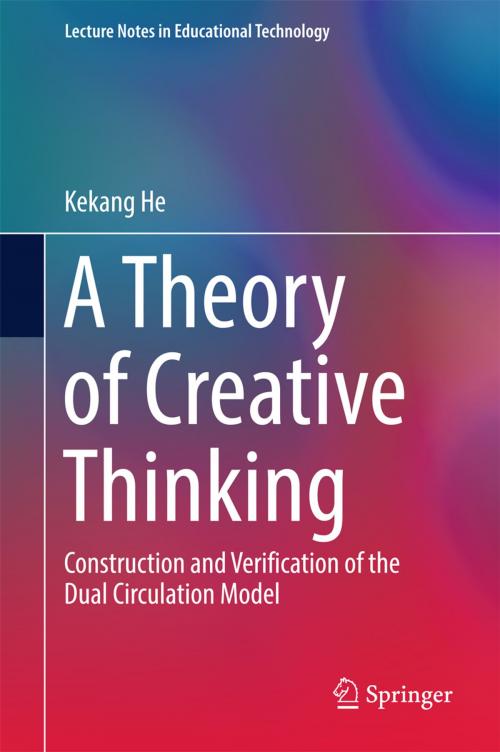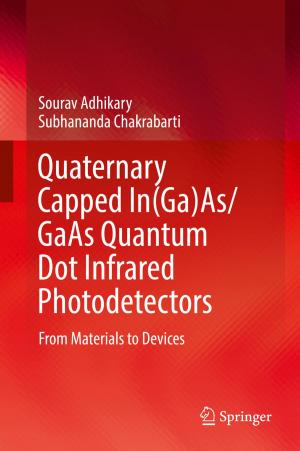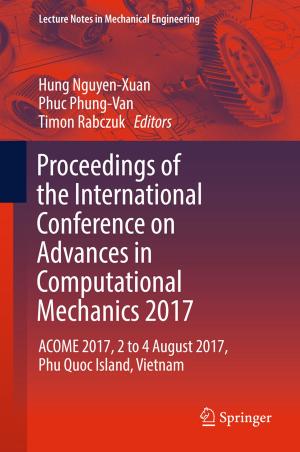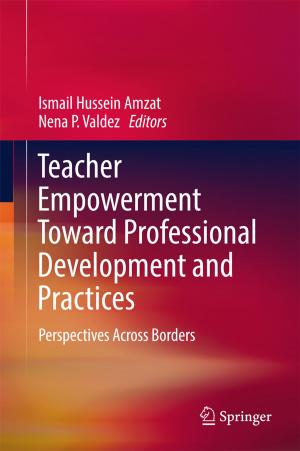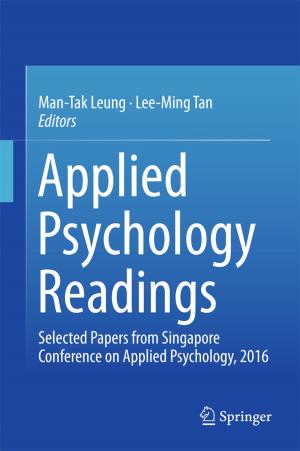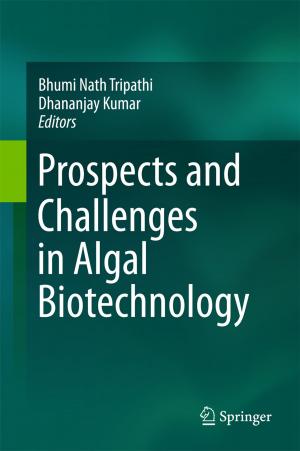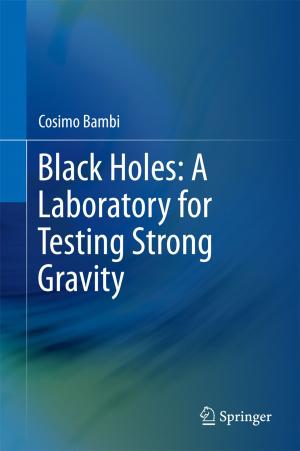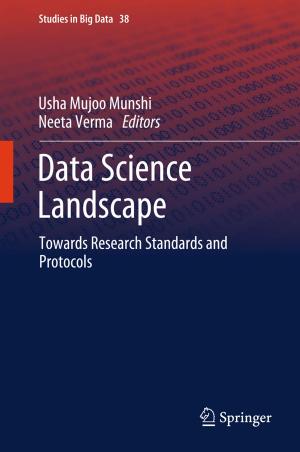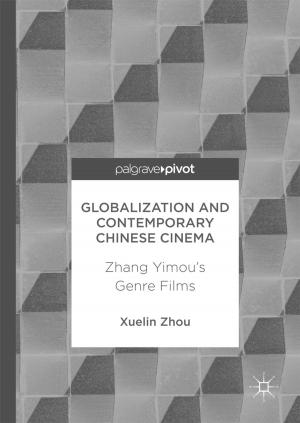A Theory of Creative Thinking
Construction and Verification of the Dual Circulation Model
Nonfiction, Reference & Language, Education & Teaching, Teaching, Computers & Technology, Educational Theory, Educational Psychology| Author: | Kekang He | ISBN: | 9789811050534 |
| Publisher: | Springer Singapore | Publication: | June 13, 2017 |
| Imprint: | Springer | Language: | English |
| Author: | Kekang He |
| ISBN: | 9789811050534 |
| Publisher: | Springer Singapore |
| Publication: | June 13, 2017 |
| Imprint: | Springer |
| Language: | English |
This book examines research on creative thinking, both current and historical. It explores two dimensions of human thought (time and space) and two modes of thinking (conscious and unconscious) as well as both left and right brain functions and artistic and scientific creative activities. The book proposes a "Double Circulation” model of creative thinking and argues that imagery thinking, intuitive thinking and logical thinking are main parts of creative thinking and that dialectical thinking and horizontal-vertical thinking are the guides for highly complex problem-solving thoughts and strategies.The book focuses on education and psychology and also covers how to use ICT to promote students’ creative thinking skills.
Researchers will benefit from the "Double Circulation" model, which provides a new perspective on conducting creative thinking research. The book is also a valuable resource for graduate students in the fields of educational technology and psychology and for all readers who are interested in creative thinking.
This book examines research on creative thinking, both current and historical. It explores two dimensions of human thought (time and space) and two modes of thinking (conscious and unconscious) as well as both left and right brain functions and artistic and scientific creative activities. The book proposes a "Double Circulation” model of creative thinking and argues that imagery thinking, intuitive thinking and logical thinking are main parts of creative thinking and that dialectical thinking and horizontal-vertical thinking are the guides for highly complex problem-solving thoughts and strategies.The book focuses on education and psychology and also covers how to use ICT to promote students’ creative thinking skills.
Researchers will benefit from the "Double Circulation" model, which provides a new perspective on conducting creative thinking research. The book is also a valuable resource for graduate students in the fields of educational technology and psychology and for all readers who are interested in creative thinking.
